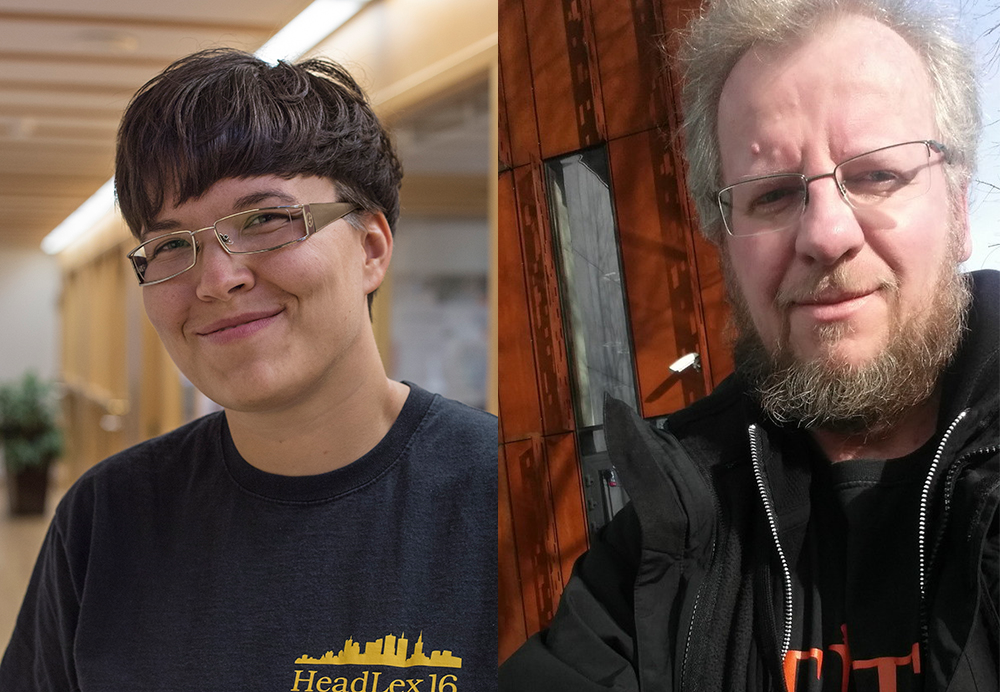CAS fellows win 'best paper award' at computational linguistics conference

A scholarly article by two CAS fellows has been named the ‘best position paper’ of this year’s International Conference on Computational Linguistics (COLING).
The fellows, Adam Przepiórkowski and Agnieszka Patejuk, faculty members at the Institute of Computer Science of the Polish Academy of Sciences, are this year participating in the CAS project SynSem: From Form to Meaning - Integrating Linguistics and Computing.
Their paper, titled ‘Arguments and Adjuncts in Universal Dependencies,’ offers a critique of a popular framework for grammatical annotation. The framework, known as Universal Dependencies (developed, among others, by CAS fellow Joakim Nivre), distinguishes between parts of sentences that it considers obligatory and those it considers optional.
In a sentence like ‘John and Mary met in the park yesterday,’ for example, the subject ‘John and Mary’ and the verb ‘met’ would be considered obligatory, while where and when they met would be considered optional information.
‘We don’t believe in this distinction, even though it’s very popular,’ Przepiórkowski said. ‘We think it’s kind of a continuum. Some things are really obligatory, some things really optional -- but there’s a lot of grey area.… We identified problems with this dichotomy argument in this standard. I think nobody had noticed those problems before. We describe what the problem is, and we propose a solution.’
Stephan Oepen, a co-leader of the SynSem CAS project, called COLING the ‘mother of all conferences’ in the field of computational linguistics. The conference takes place this August in Santa Fe, New Mexico, USA.
According to the conference website, a position paper ‘presents a challenge to conventional thinking or a futuristic new vision. It could open up a new area or spur the development of novel technology, propose changes in existing research practices, or give a new set of ground rules.’ Attendees submitted a total of 1,017 papers across six categories, and the conference accepted 332 of them for publication.
‘It means a lot,’ Przepiórkowski said about the award. ‘We considered it a great success that the paper was accepted.’